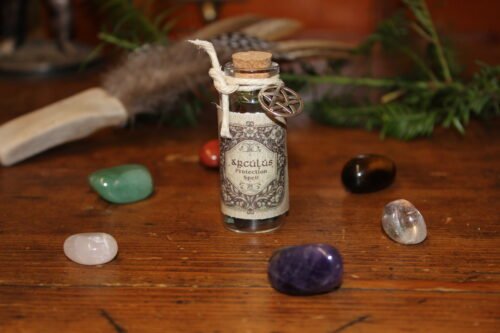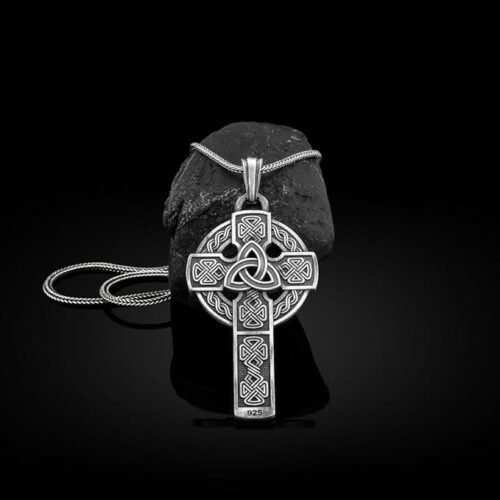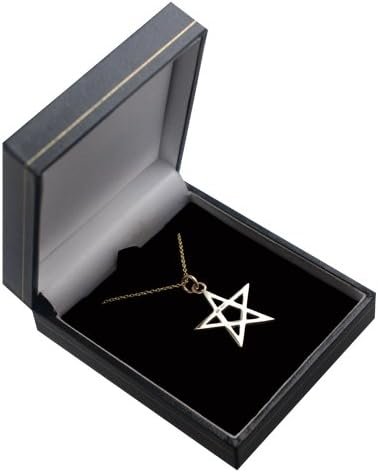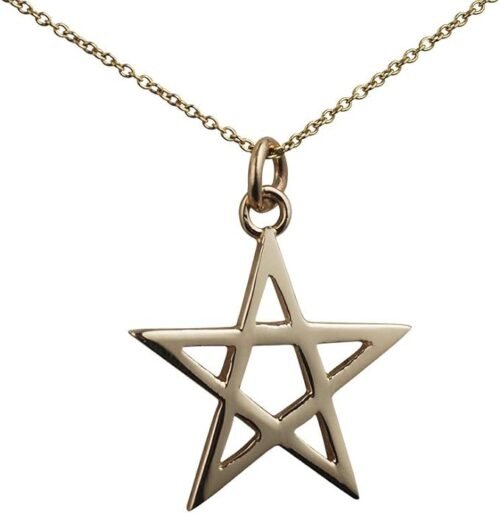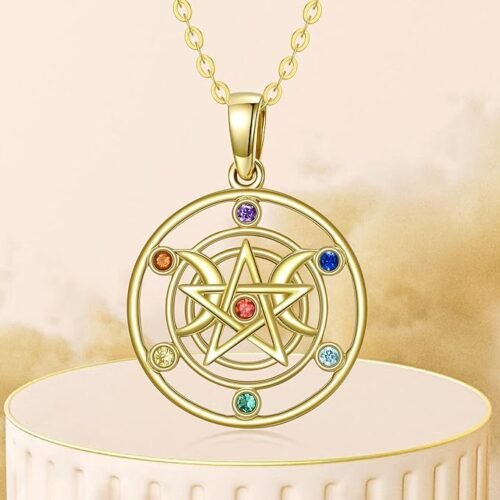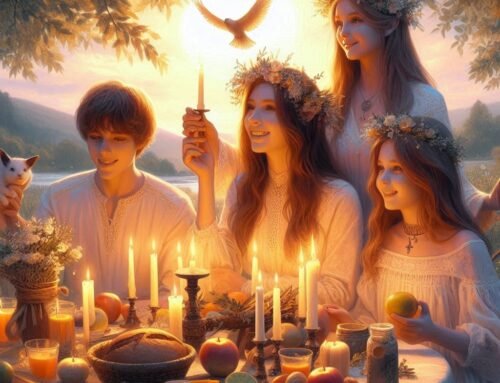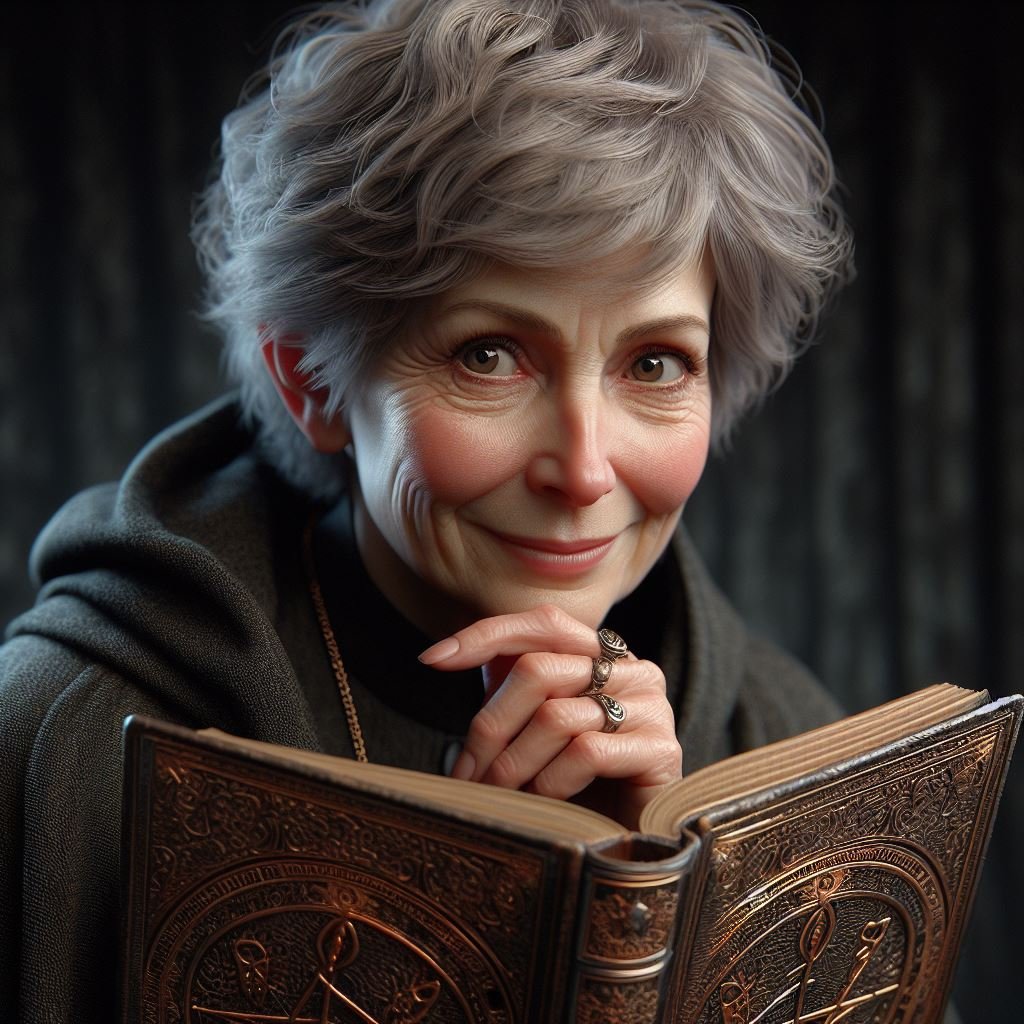
Wiccan
Wiccan Interpretations of Witchcraft
What are the Wiccan interpretations of witchcraft? In its initial public recognition, adherents commonly referred to their faith as “Witchcraft.” Gerald Gardner, often dubbed the “Father of Wicca,” used terms like the “Craft of the Wise,” “Witchcraft,” and “the Witch-cult” in the 1950s. Gardner subscribed to the notion that persecuted witches were followers of an ancient surviving pagan religion, a theory since disproven. Although he never explicitly termed it “Wicca,” he did mention its community as “the Wica” (with one “c”).
To investigate the Wiccan interpretations of witchcraft, we have to look back in history. The term “Wicca” emerged in Britain during the 1960s, with its originator uncertain, possibly Charles Cardell, who referred to it as the “Craft of the Wiccens” by 1958. The earliest documented use of “Wicca” dates back to 1962, gaining popularity to the extent that British practitioners established a newsletter titled The Wiccan in 1968.

Modern Wiccan
The Wiccan interpretations of witchcraft – History
Despite its distinct pronunciation, the Modern English term “Wicca” stems from the Old English “wicca” [ˈwittʃɑ] and “wicce” [ˈwittʃe], masculine and feminine terms for witch, respectively, in Anglo-Saxon England. By adopting this term, Wiccans aimed to symbolically connect with the ancient pre-Christian past while opting for a less contentious self-identifier than “Witchcraft.” Joanne Pearson, a scholar of religion and Wiccan priestess, pointed out that while “witch” and “wicca” share an etymological link, their contemporary usage highlights different aspects, giving an indication of the Wiccan interpretations of witchcraft.
Initially, “Wicca” encompassed the entirety of the religion rather than a specific tradition. Over time, certain traditions, notably those identified as British Traditional Wicca, asserted exclusive use of the term “Wiccan.” From the late 1980s, publications advocating Wicca employed the broader definition again. Thus, by the 1980s, two conflicting definitions of “Wicca” circulated within Pagan and esoteric communities: one expansive and inclusive, the other narrow and exclusive. Among scholars of Pagan studies, the former, broader interpretation is preferred.
The Wiccan interpretations of witchcraft – The Craft
Alongside “Wicca,” some practitioners still refer to their faith as “Witchcraft” or “the Craft.” However, this usage can lead to confusion with other non-religious meanings of “witchcraft” and other religions like Satanism and Luciferianism, whose adherents also identify as “Witches.” Another synonym occasionally used is “Pagan witchcraft,” although it may encompass various forms of modern Paganism beyond Wicca. Starting from the 1990s, certain Wiccans began adopting the term “Traditional Witches,” a label also embraced by practitioners of other magico-religious traditions like Luciferianism. In popular culture, such as television shows like Buffy the Vampire Slayer and Charmed, “Wicca” is sometimes equated with witchcraft more broadly, including non-religious and non-Pagan forms.




